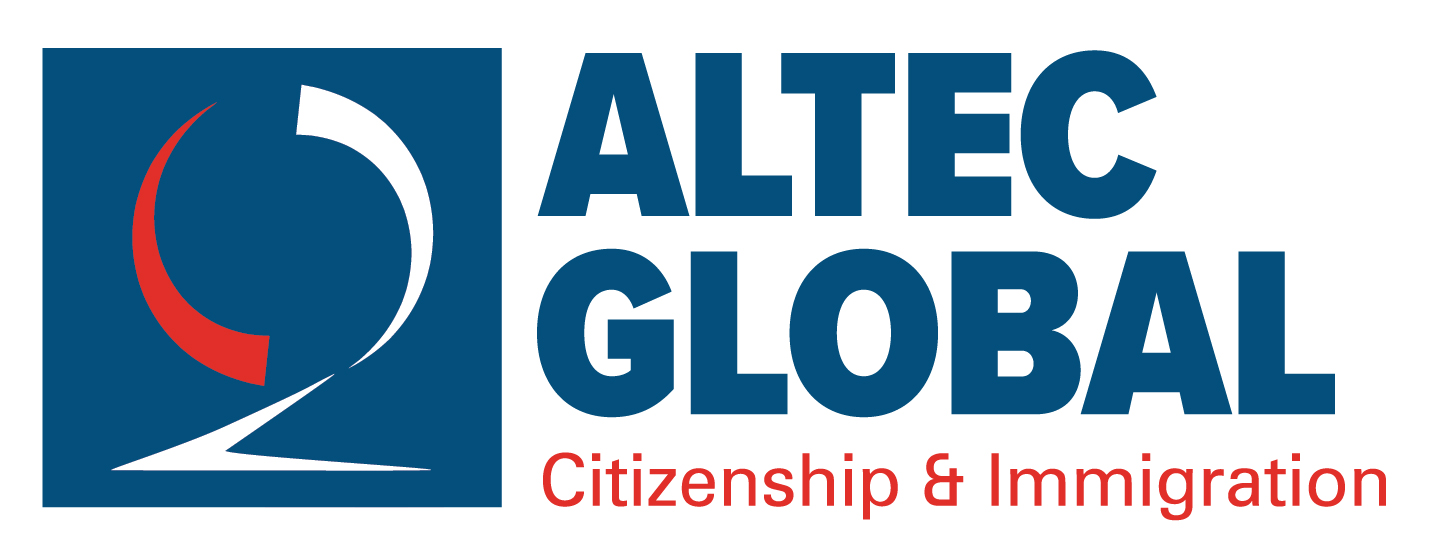In a recent move to standardize its immigration processes, Canada has officially ended the Student Direct Stream (SDS)and Nigeria Student Express (NSE) visa programs. Effective immediately, all new study permit applications from countries previously eligible under SDS and NSE will follow the regular study permit process.
The SDS and NSE programs were initially launched to streamline and expedite study permit processing for eligible students from select countries, providing faster entry to Canada’s educational institutions. However, Canada’s immigration authorities are now focused on creating a more equitable and unified application system for all international students.
What Were SDS and NSE?
The Student Direct Stream (SDS) was launched in 2018 to provide faster study permit processing for students from select countries, including India, China, the Philippines, and others. Qualified students who met specific academic and financial criteria could expect expedited processing, allowing them to begin their studies in Canada sooner.
Similarly, the Nigeria Student Express (NSE) program was tailored for Nigerian students, offering a similar streamlined application route to meet the growing demand for Canadian education. As of November 8, 2024, both SDS and NSE are no longer in effect, meaning students from these countries will now apply via the regular study permit stream.
Why Canada Ended SDS and NSE
The Immigration, Refugees, and Citizenship Canada (IRCC) has cited several reasons for the termination of SDS and NSE:
- Strengthening Integrity: By eliminating specialized streams, IRCC aims to create a more transparent and consistent application process that reduces vulnerabilities and improves security for all applicants.
- Addressing System Vulnerabilities: Canada has identified concerns about fraud and misrepresentation in the student visa process. Moving to a uniform application stream allows for enhanced monitoring and safeguards against potential exploitation.
- Ensuring Equal Access for All Students: Canada’s inclusive reputation attracts students from diverse backgrounds worldwide. Transitioning to a unified study permit system provides all applicants with equal opportunity, regardless of their country of origin.
Implications for Students from Key Countries
For students from high-demand regions like India and Nigeria, the change means adjusting to potentially longer processing times under the regular study permit stream. While SDS and NSE offered reduced wait times, students will now need to plan for the standard timeline. Canada remains committed to welcoming students from these regions and assures that all eligible applicants will still be able to access study permits under the regular process.
Canada’s educational institutions remain a global draw, with over 800,000 international students attracted annually by the high standards of Canadian universities and colleges. With this shift, IRCC hopes to maintain that appeal by enhancing the fairness and transparency of the application process.
What This Means for Future Applicants
Here’s what prospective students need to know about the new process:
- Unified Application Stream: All study permit applications, regardless of origin, will now follow a single process. Financial documentation, including Guaranteed Investment Certificates (GICs), will still be accepted as proof of funds.
- Consistent Requirements: Eligibility standards for Canadian study permits will remain the same, with academic, financial, and language proficiency requirements.
- Existing Applications Honored: Applications submitted to SDS or NSE before the cutoff time of 2:00 p.m. ET on November 8, 2024, will still be processed under those expedited guidelines.
Next Steps for Prospective Students
For those planning to study in Canada, here’s how to navigate the new process effectively:
- Submit Under the Regular Study Permit Stream: All applications should now follow the regular study permit route. Familiarize yourself with the requirements to avoid any surprises.
- Prepare Financial Documentation: Ensure you have sufficient proof of funds, including GICs or other recognized forms of financial support.
- Stay Updated on Policy Changes: Immigration policies evolve, so keep an eye on the IRCC website or consult with trusted advisors to stay informed.
Canada’s decision to end SDS and NSE represents a step toward a more unified and robust system that prioritizes fairness and security for all applicants. While these programs provided valuable expedited processing benefits, Canada’s updated approach focuses on creating a balanced and transparent experience for international students.
By welcoming students through a single application process, Canada aims to continue providing a supportive academic environment where students from all backgrounds can thrive and pursue their dreams.
At Altec Global, we understand the complexities of the Canadian immigration system and are dedicated to helping applicants overcome these obstacles. Whether you’re waiting for your PR application, navigating temporary residence delays, or seeking citizenship, our team is here to guide you through the process and help make your Canadian dream a reality.
📧 Make your personalized guidance on getting the right strategy for immigrating to Canada.


Recent Comments